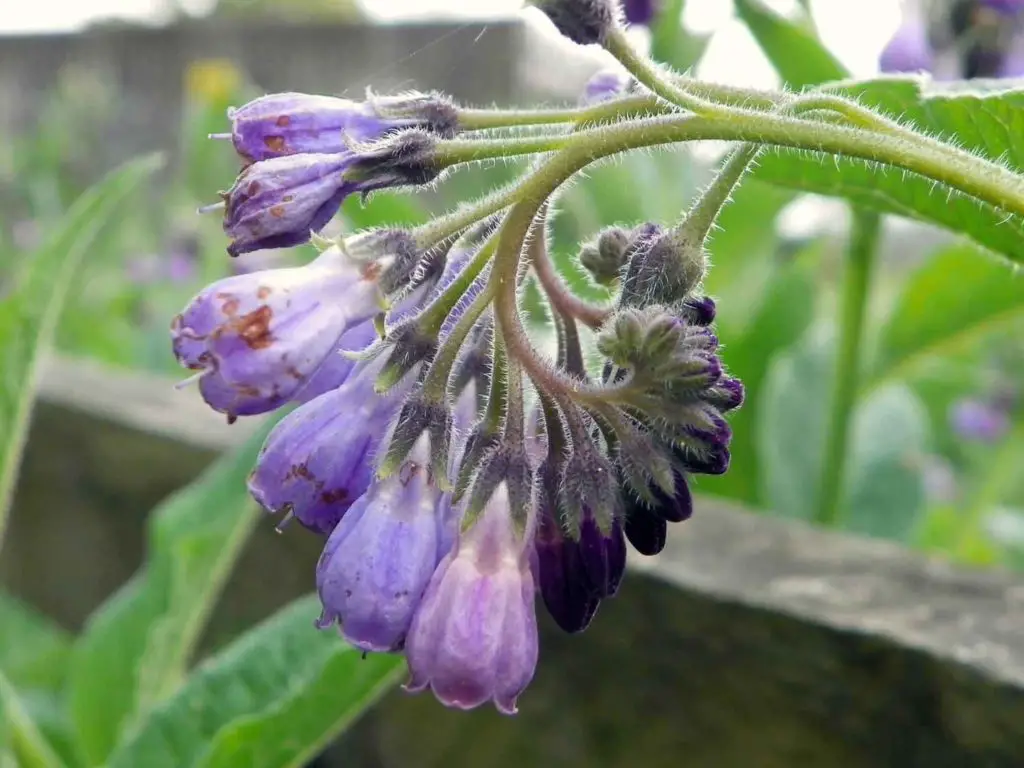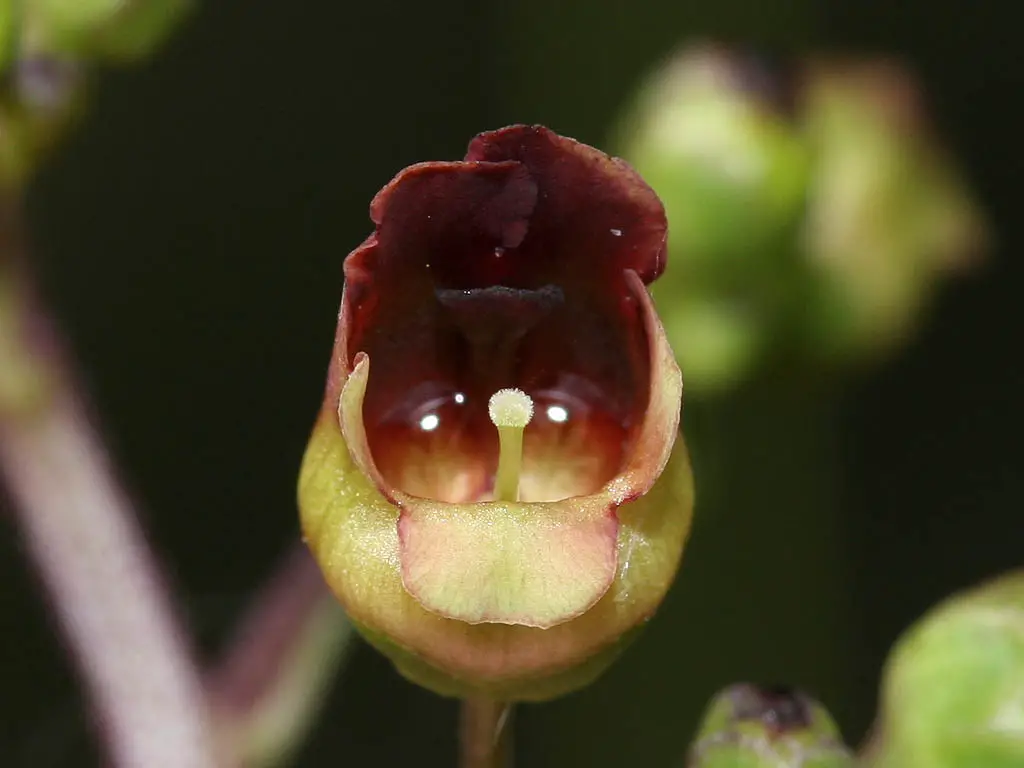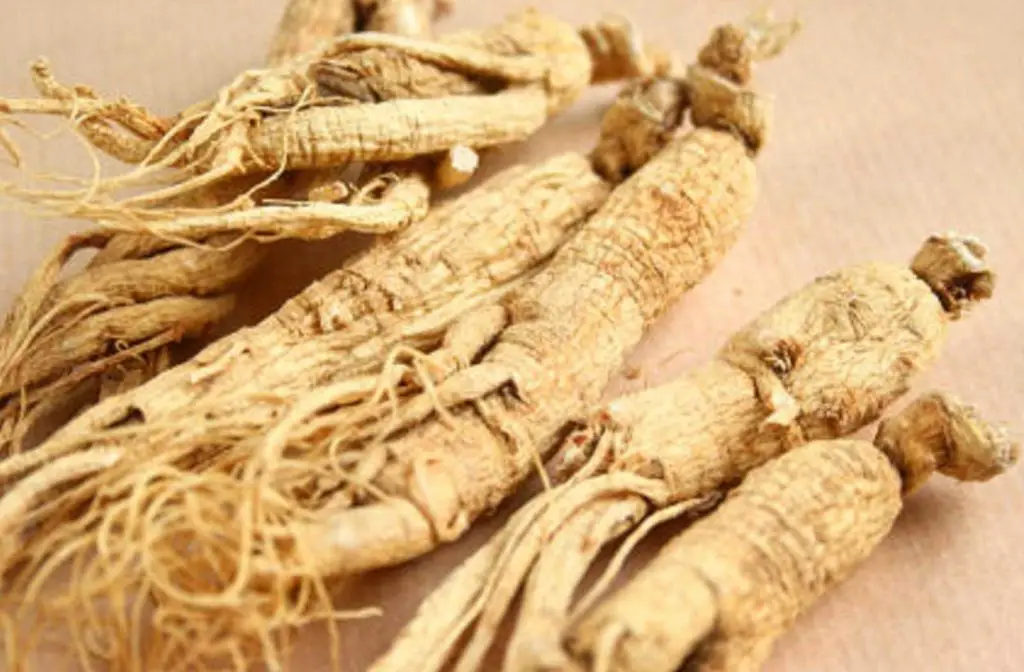What is Pygeum?
Pygeum is an herbal supplement used to treat a number of illnesses, such as an enlarged prostate, acne, and sexual dysfunction. It is an extract of the bitter-tasting bark of the Prunus Africana tree, found in central and southern African countries. A member of the Rosaceae family of trees, the Prunus Africana can grow quite large. At full maturity, they can reach well above 40 meters in height. Also known as “African Cherry” and “ironwood,” the Prunus Africana is often used because its tough wood makes for excellent furniture and appliances. Due to it’s versatility, the tree has become a staple of traditional African medicine in the regions where it is found.
Taken from the bark of the Prunus Africana, Pygeum is most often found on the market in the form of either 500mg capsules or it is ground into a powder that can be mixed into beverages and recipes for cooking. The reason it is thought Pygeum is medicinal is due to phytosterols which act as anti-inflammatories.
Pygeum is most commonly used for issues with bladder and prostate enlargement. It is a treatment that dates back to the 1700s, when European explorers were shown it’s medicinal effects by neighboring tribes. These historical accounts have been tested in clinical environments for the last two decades, but most notably a study in 2003, which validated historical accounts of the Pygeum herb being used to successfully treat enlarged bladders that were causing urination problems in several patients. The positive outcome of this examination has launched Pygeum into the international spotlight, causing fellow researchers to look into its effects more comprehensively.
Pygeum Benefits and Uses
DHT Blocker
The presence of Dihydrotestosterone (DHT) in the body has been linked to a number of problems (acne, prostate inflammation, bladder enlargement, etc.) and leads to an overabundance of testosterone in the body. DHT is also a Type II 5 alpha reductase, which is known to cause male pattern baldness. As a DHT blocker, Pygeum helps to restrict the enzyme post-production.
Anti-Androgen
Androgens are naturally-occurring (and in some cases, synthetically produced) hormones that regulate traditionally male characteristics, such as testosterone. Pygeum prevents these hormones from locking onto the androgen receptors, preventing the production of testosterone in the body. This makes it a powerful agent for those wishing to lower their testosterone levels.
Benign Prostatic Hyperplasia (BPH)
BPH is when the prostate gland becomes enlarged in men during the later years of their life, often resulting in difficulty urinating or a deficiency in sexual function. It is caused by an overproduction of various chemicals in the body. Because of the presence of phytosterols such as beta-sitosterols, Pygeum helps to prevent the creation of prostaglandins, prolactin, and pentacyclic triterpenes in the prostate, thus returning it to it’s normal size and function. A pubmed review on BPH and Pygeum suggested that the duration of the studies investigating Pygeum and BPH were short, had variability in study design, preparation methods and outcomes but evidence suggested Pygeum improves urologic symptoms and flow. Most studies didn’t use standardized preperations, which is what is universally recommended. In other words, further studies are needed but there is evidence that suggests if standardized extracts are used that there is a good possibility that Pygeum helps with BPH.
Prostate Cancer
Because of its significant effect on prostatic hyperplasia, scientists began looking at Pygeum to help treat other disorders in the prostate, as well. Prostate cancer quickly became one of the targets of research, and a 2007 study conducted on organisms both through in vitro and in vivo found that ethanolic extracts of Pygeum caused a “significant reduction in prostate cancer incidence (35%) compared to casein fed mice (62.5%)”. Through the use of Pygeum, scientists were able to prevent the growth of PC-3 and LNCaP cells, making it a useful supplement for individuals at a higher risk of prostate cancer.
Prostatitis
Prostatitis carries many of the same symptoms that are found in Benign Prostatic Hyperplasia, including an inflamed and enlarged prostate, which prevents the flow of urine through the urinary tract, as well as the production of seminal fluid, which protects sperm post-discharge on its way to the egg. By preventing the swelling of the prostate as an anti-swelling agent, Pygeum offers direct treatment for the symptoms involved with Prostatitis.
Testosterone
Pygeum is a dihydrotestosterone inhibitor, preventing it from binding to androgen receptors and helping to lower the levels of testosterone in the body. Pygeum has become a treatment of particular interest in the bodybuilding community, as many of the members of these communities have an overabundance of testosterone in their systems.
Seminal Fluid
As a traditional medicine, one of the things that Pygeum became especially noted for was the treatment of sexual dysfunctions. The bark has a reputation for increasing the sperm count and improving the volume of ejaculate in its users, making it a much sought-after supplement for those wishing to improve their sexual performance. Although there are not yet any clinical studies done on this subject, several anecdotal accounts strongly support its effects, making it untested but possibly true.
Acne
Pygeum regulates androgens which are present in both sexes. Women often experience acne as a result of increased androgen activity, so treatments like Pygeum that prevent the production of testosterone in the body can, in some cases, be used to effectively treat acne.
Hair Loss
Male pattern baldness has several contributors, but one of the largest comes from Type II 5 alpha reductase hormones in the body, which are produced by androgens interacting with androgen receptors to increase the level of testosterone in the body. As a Type II 5 alpha reductase inhibitor, Pygeum is offered as a treatment for hair regrowth and scalp development. There has not yet been a clinical study on the effects of Pygeum for this use, but it has been endorsed by the American Hair Loss Association for this purpose.
Precum
I’m not sure if this is considered a benefit or a side effect, I’m guessing it can be both. There is a significant amount of anecdotal evidence that suggests a significant increase in precum when using Pygeum. There are no studies that suggest this but I don’t believe that means anything. Studying Pygeum to see if it has effects on precum wouldn’t exactly be useful, although I’m sure there have been studies that are less practical.
Testicle Size
There seems to be some misconceptions that Pygeum increases testicle size. At this point there is no scientific or anecdotal evidence that suggests that. I’d go on record as saying Pygeum shows zero evidence of increasing testicle size.
Pygeum Dosage
The dosage that is going to used is going to depend entirely on what they are taking it for. Here is a general breakdown of what to expect.
Capsules: By far, the most common form of consumption for Pygeum is going to be through some kind of extract. 100mg capsules of Pygeum are available online that are taken once or twice daily depending on the need. For those suffering from one of the more serious conditions, such as BPH or Prostatitis, a higher dosage is recommended. Otherwise, start with a lower dosage and work your way up.
Powder: The Bark of the Pygeum tree can also be ground up into a fine powder, which can then be added to liquids or occasionally into different recipes. When consuming a powder, it is important to distinguish it if it is an extract or not. Extracts will be more potent, and it’s important to follow the manufacturers recommendations.
Extracts: Typically the dosage is 50-100mg at 13% phytosterols taken once daily. It doesn’t matter if its taken as a power or capsule.
Regular Herb: Personally I wouldn’t take a ground herb as its not an exact science like extracts are.
Tea: Although the most common forms of Pygeum consumption are in the form of extracts or capsules, teas can also be made from the bark. Because it is not measured in the same way as the extract or capsules, Tea made from bark can be taken in amounts from 5g-20g per day.
Pygeum Side Effects, Safety and Warnings
Although Pygeum has been proven to be remarkably safe following various testing, it has been known to rarely cause instances of upset stomach, dizziness, and nausea. Similarly, there has been no study done on the effects of Pygeum on pregnant women, so it is best that they steer clear of the herb, while they are pregnant.
Pygeum and Lecithin
Pygeum and Lecithin has become known in several circles as the “holy grail stack” for sexual performance among men. Pygeum is mixed with several other supplements, including Lecithin. Lecithin is a small amphiphilic material that attracts both water and fatty substances, which is thought to have similar benefits as Pygeum.
Pygeum Bark vs Pygeum Extract
One of the things that you will notice when shopping online for Pygeum is that there are often differing amounts listed for individual products. Most commonly, you will see 100mg capsules available, but it is likely that you will also spot 500mg capsules as well, which would be well above the recommended daily limit for Pygeum consumption. This can be confusing for customers, especially if they are new to using Pygeum.
Understand that these are not Pygeum extract, but rather a less potent version of the herb that needs to be sold in a larger capsule. In some cases, it might be just as effective to buy the bark and use a standardized sterol to gain the desired effects of the abstract for much cheaper, however, this leaves the possibility of something being mixed in with the extract in the 100mg capsules. It is a much better idea to save yourself the hassle and go with the 100mg extract capsules, as you are getting a more potent supplement that is specifically measured out for your purposes. One just needs to remember that you are not necessarily getting more for your money, despite the capsule size.
Best Pygeum Supplement
The best Pygeum Supplement is one that is a standardized extract with their phytosterols listed. More isn’t always better and a 500mg capsule that isn’t standardized will be simple ground up herb and require a significantly higher dosage to produce a result, if it produces one at all. A 100mg capsule that is standardized will be significantly more potent and actually be dosed to produce medicinal benefits. Standardized extracts are almost always going to be appear to be more money, but they are actually manufactured to work, and have clinical results.
References:
https://www.ncbi.nlm.nih.gov/pubmed/17709901
http://www.sciencedirect.com/science/article/pii/S0378874112008045
http://www.sciencedirect.com/science/article/pii/S037887410300299X?via%3Dihub
https://www.ncbi.nlm.nih.gov/pubmed/11099686






This product is expensive. It costs more than 50 cents a day for 100 mg, which is the minimum dosage. For someone with prostate problems, they need more than the 100 mg dosage, so this product will cost at least one dollar a day. It also has magnesium stearate added, which many of us do not want to consume.
Hi Robert,
Unfortunately I was unable to find an extract with standardized sterols without magnesium stearate added. I agree it’s not ideal to consume. I’m definitely open to suggestions on some products to take a look at.